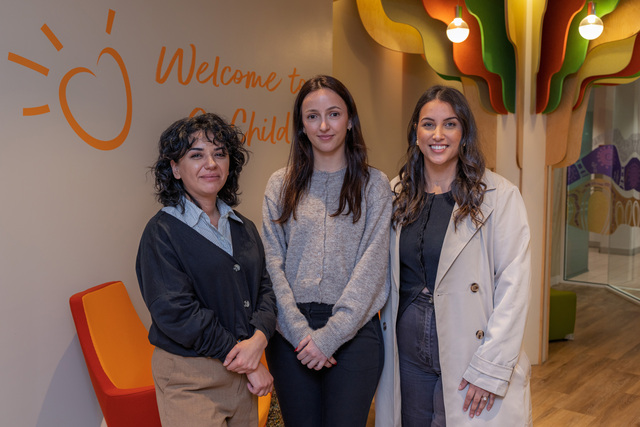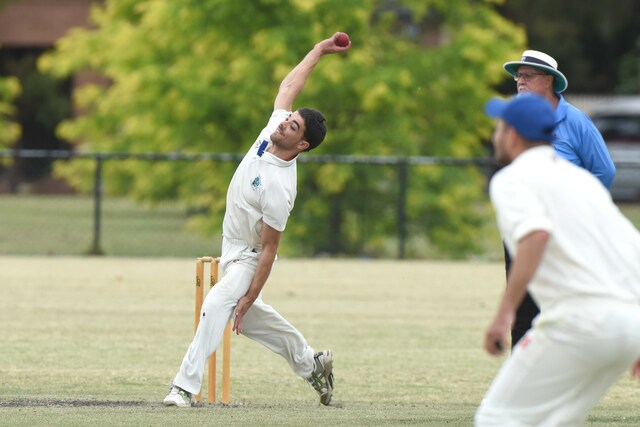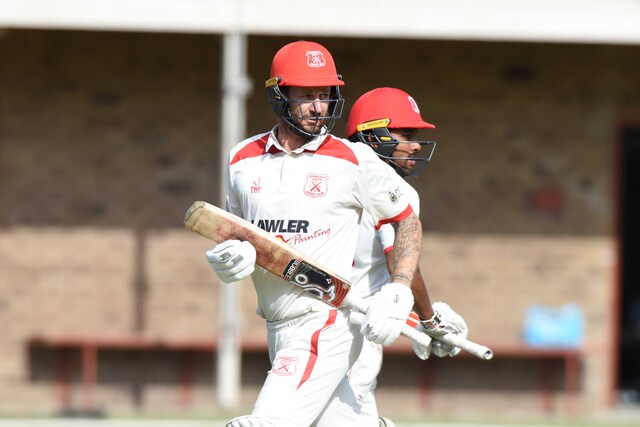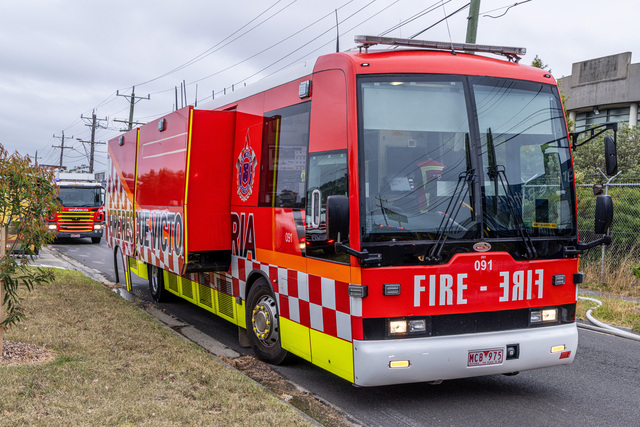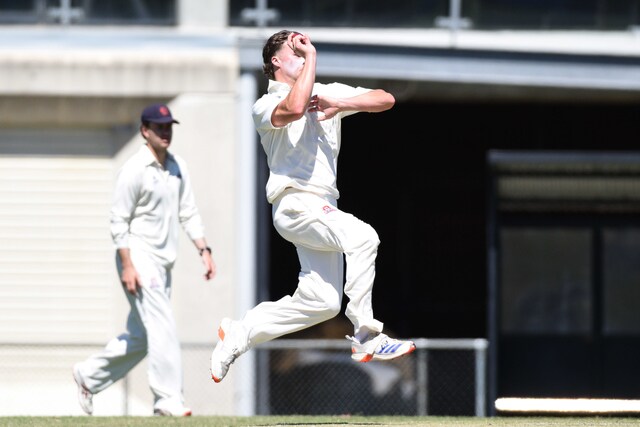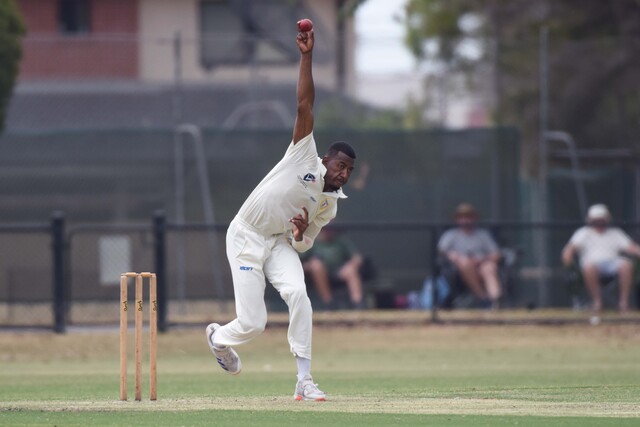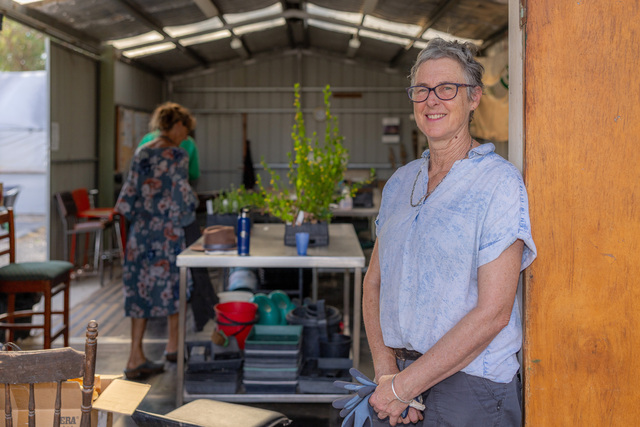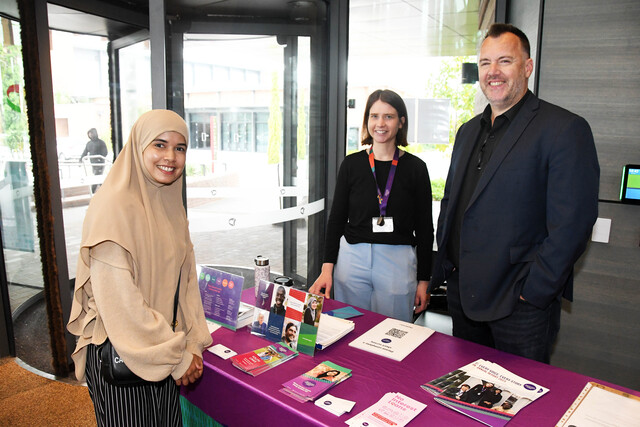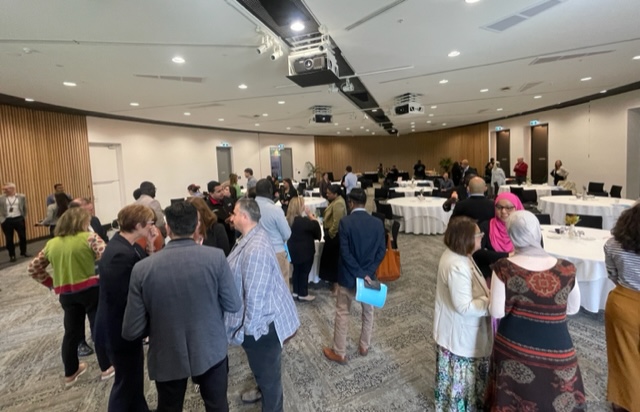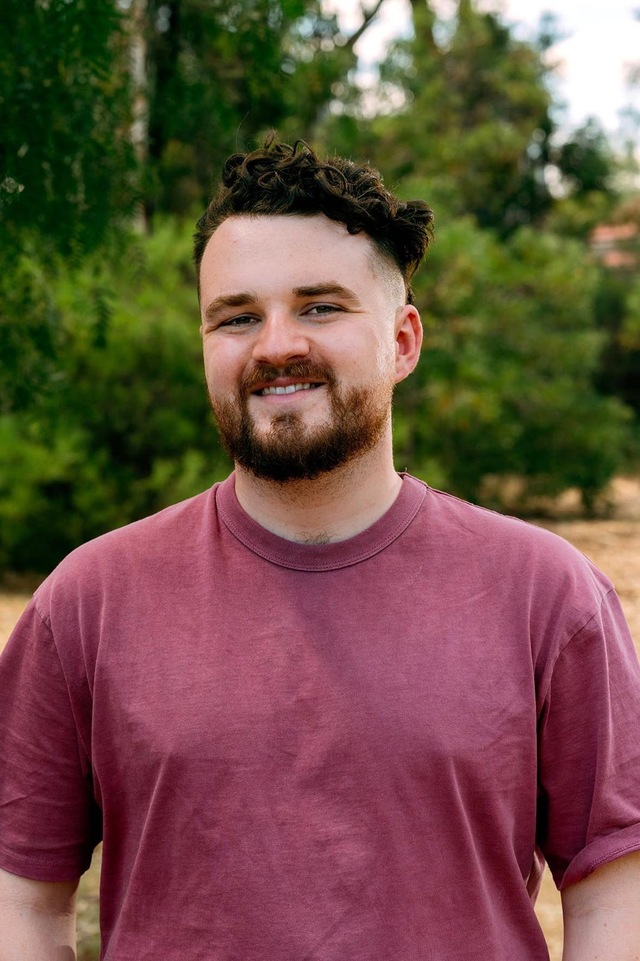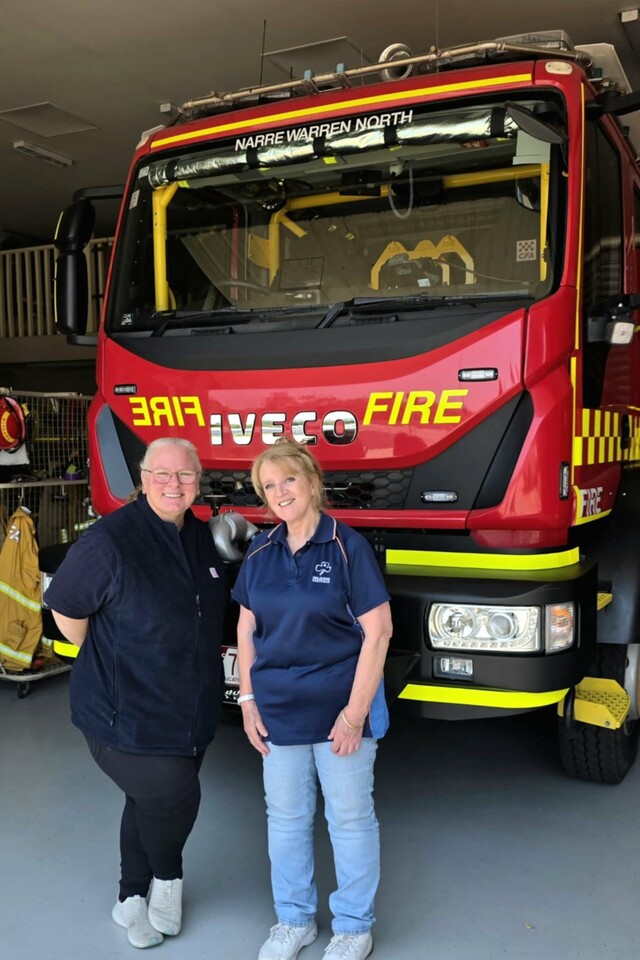Give the parent back to the parent.
That’s the aim of a team of therapists who help families bring wayward teens back on the right side of the law.
Multisystemic Therapy (MST) therapists from Oz Child work with 13-to-17 year olds across the South East, mostly from Culturally-and-Linguistically-Diverse backgrounds.
The teens are referred by Youth Justice, some with troubling rap sheets blotted by car thefts, carjackings, robberies or assaults.
The MST team boasts a stunning success rate in just 20 weeks of intervention – with 100 per cent of families reporting improved family functioning.
More than 80 per cent report improved behaviour and mental health, and reduced substance issues and time with problem peers.
Crucially, 79 per cent reportedly had no further arrests at the end-point of treatment.
Honed over the past 35 years, Multisystemic Therapy marries up the ‘many systems’ in a young person’s life – their family home, peers, schools, community groups and workplaces.
The process is intensive, evidence-based and costly at about $1.1 million for this team of three therapists and a clinical supervisor to help about 45 families a year.
However, it’s less expensive than locking teens up in remand – which is nearly $6000 a day or $2.1 million a year per prisoner.
With the help of MST, parents who might feel helpless are empowered to take charge.
“When families get caught in the system, parents become fearful in using parental authority and putting in boundaries,” program manager Claire says.
“This program gives the parent back to the parents – it says it’s OK to put boundaries in place.”
MST therapist Dajana says parents are taught practical skills – to communicate and problem-solve issues with their kids, and to set clear goals and boundaries.
She says raising children is different these days.
“We’re taking away physical discipline but parents are not replacing it with another discipline.
“The question is what’s the alternative way to discipline a young person? We’re helping parents still find ways to be parents.
“So they are supporting their kids in a world that’s changing rapidly with social media and the like.”
Driven by a passion to treat complex behaviours, MST clincial supervisor Gizem says she’s inspired by the instant results.
“It’s the best feeling when you hear a parent say: ‘That’s a great idea’.”
MST therapist Shaza says she honours the critical role of parents in building a children’s world.
They empower families who feel isolation, stigma and shame when their children become a part of the ‘youth crime’ scourge.
“It takes a village to raise a child” is the mantra, she says.
“We connect parents to one another – if we need them home by 10pm, we can cross to other households to support each other and set those boundaries.”
Shaza adds there is no one root cause for offending.
There’s a number of possible drivers, such as intergenerational trauma, disengaging from school, language barriers and peer groups, that need to be tackled.
In the past, parents may feel “helpless” as their children associate with bad influences. Peers might just regularly come over and do drugs, for instance.
But parents are supported to set new rules – that peers could only visit if their parents were informed. They can check their home for substances.
Teens can be set goals to attend school or work, to quit drugs and offending, to be home at a certain time of night.
They’re given affirming rewards such as dinner nights with family and sleepovers with approved peers.
Youth crime has become a hot topic – perhaps due to the prevalence of serious offending such as aggravated burglaries, carjackings and dangerous driving in stolen cars.
Yet, offending by 10-17 year olds in Casey has fallen in the past year. While at the same time, crime across all ages has risen 19 per cent.
Program manager Claire notes that there’s much talk in politics and media about ‘getting tough’ on youth crime.
But a balance needs to be struck between punishment and getting to the root cause of offending by supporting a functional home life.
One drawback with MST is that young people are referred only after they stray into crime.
The team say there’s a need for earlier intervention with MST-style programs to catch at-risk youth before they fall.
For parents in this predicament, the team offers the following advice: Don’t be afraid to be a parent.
“No one is going to love your child as much as you,” Shaza says.
“Do what you need to do to keep them safe and it will pay off in the long-term.”



